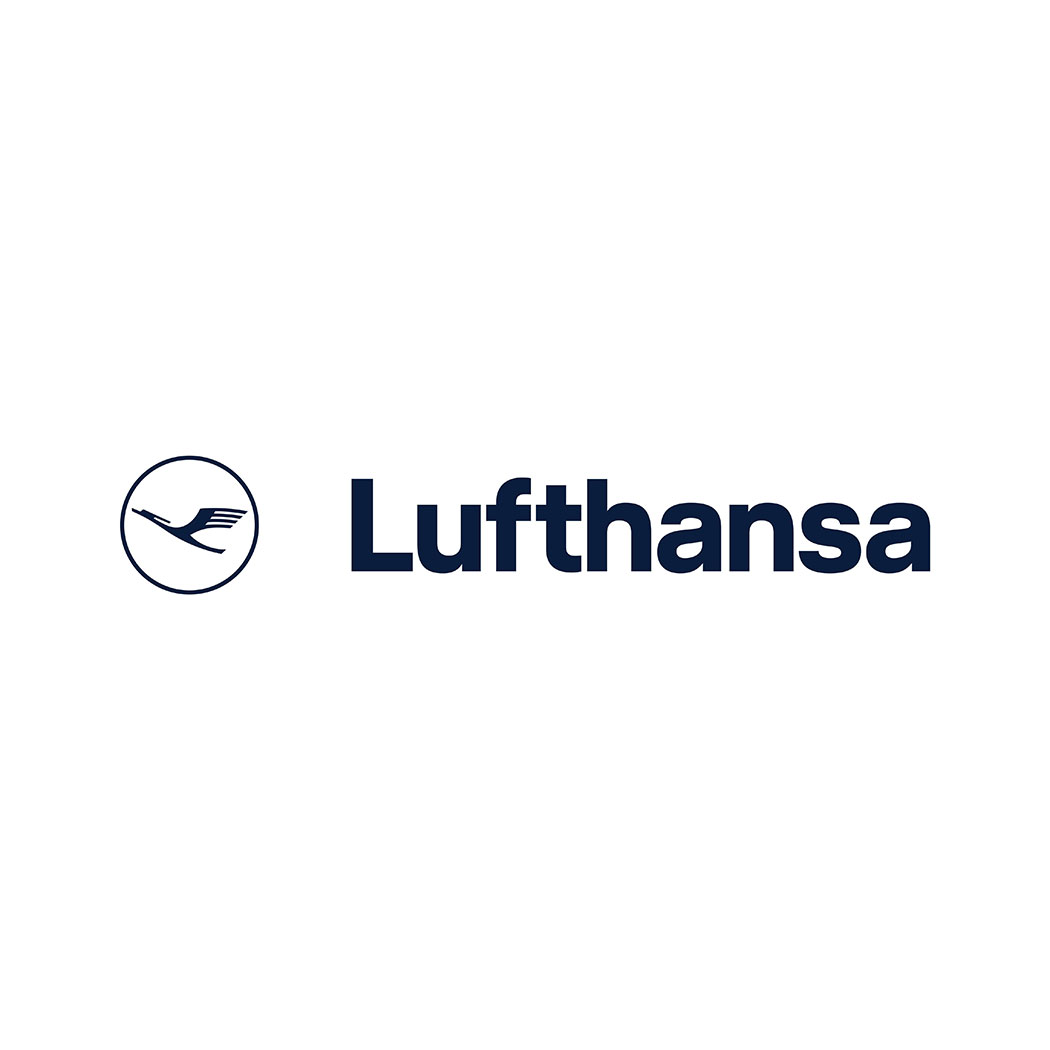Leading German airline Lufthansa wanted to improve traveler experiences throughout all touchpoints and increase its brand visibility. To encourage innovation, the airline decided to make its data more readily available to external parties by creating an open application programming interface (API), with DXC providing design and implementation.
Need for more travel services
Improving and enhancing travel services is the key business driver for airlines. Operators recognize the need for more innovative travel services, but they just don’t have sufficient internal development resources to do it themselves and have to make use of external software developers.
That was the case with leading German carrier Lufthansa.
“Developers could only use screen parsing-based logic to integrate Lufthansa data and functions within their apps or obtain dedicated access using Lufthansa enterprise IT, which meant long lead times and repetition for every app,” says Thomas Ramscheid, senior manager, Middleware and Central Services, Lufthansa. “These were lengthy and complex processes and the result was that other parties were just not producing apps for Lufthansa’s customers.”
Within its Innovation Hub, Lufthansa wanted to innovate the travel business and put the customer back into focus. The unit is validating and facilitating digital opportunities to create the happy journey of tomorrow. Its purpose is to engage with the social community and encourage more people to develop mobile applications — a job that is outside the airline’s core business and seen as a risky investment of time and materials.
To achieve this, the airline needed to make its data more readily available to the development community and its partners.
“We selected DXC Technology as our partner for the provision of Lufthansa Open API because, as well as being familiar with our IT infrastructure, it also had extensive functional and technical experience of solutions for the airline industry."
Thomas Ramscheid Senior Manager, Middleware and Central Services, Lufthansa
Controlled access to data
Lufthansa decided to follow a growing trend in the aviation industry and create an open application programming interface (API) that exposes Lufthansa data and functions to developers in the outside world via the internet. It is also available to Lufthansa’s own service providers and departments for developing internal services.
The open API uses standard methods such as HTTP and also leverages the New Distribution Capability (NDC) standard led by the International Air Transport Association (IATA), which is based on XML. NDC is a collaborative initiative to define a messaging standard between airlines and travel agents that will enable greater transparency and choice for consumers.
“A good comparison is that in the nineties, everyone had to have a website. Now, everyone has to have an open API,” says Ramscheid.
Although Lufthansa was to lead the project it needed a design and implementation partner. It selected DXC, which already had extensive knowledge of Lufthansa’s technology landscape from having implemented its service-oriented architecture (SOA) middleware layer.
“We selected DXC Technology as our partner for the provision of Lufthansa open API because, as well as being familiar with our IT infrastructure, it also had extensive functional and technical experience of solutions for the airline industry. Most importantly, it would be able to deliver the project in a very short timeframe,” says Ramscheid.
Initially, DXC specialists helped Lufthansa prepare the business case for open API and then developed the functional structure of the first version ready for a 3-month proof of concept.
Developers and partners access data through a dedicated API portal based on TIBCO Mashery API Management. When they register, they receive a customer ID and an open standard authorization (OAuth) access token. TIBCO Mashery API management software can block, throttle or filter access to services based on this token. If a registered developer is considered a trusted source, they can be given access to more data whereas unknown developers will only have access to public data.
The API site features an API Playground and API Showcase to introduce the functionality. Data already available includes information on core services such as flight schedules, arrivals, departures, flight status and aircraft seating maps, as well as ancillary services such as cities, countries and airport lounge information. Portal design enables developers to easily register their applications and create individual API plans. Resources can be tested and there is extensive interface documentation.
The site invites start-ups and digital companies to cocreate innovative offers to advance how people travel and tempts them with a potential user base of Lufthansa’s 100 million passengers.
“Providing the Open API for external developers enables new ideas and business opportunities to be piloted without impacting Lufthansa’s traditional business.”
Thomas Ramscheid Senior Manager, Middleware and Central Services, Lufthansa
Improved brand visibility
The first mentionable external usage of open API went live with FlightStats.com and, as more developers use the interface, Lufthansa anticipates that a wide range of other services will follow.
“As more Lufthansa-centric apps are published it will increase our brand visibility and position us as an innovative organization,” says Ramscheid. “We expect that these services will be able to target new markets — for example, a dedicated one for travelers with special needs. Lufthansa cannot invest the time or money on these markets but there is a good business case for external developers to do this.”
Providing the open API for external developers enables new ideas and business opportunities to be piloted without impacting Lufthansa’s traditional business.
“A good comparison is that in the nineties, everyone had to have a website. Now, everyone has to have an Open API.”
Thomas Ramscheid Senior Manager, Middleware and Central Services, Lufthansa
“Having more services will improve passengers’ travel experiences and running hackathons among the development community will drive creative innovation and produce new ideas that we might not have thought of ourselves,” Ramscheid says.
A further aim is that apps will increase the use of social media, enabling customers to share their travel data, itineraries and current locations with friends and partners.
Increasing the speed of innovation within Lufthansa by exposing data or processes through the API allows services to be developed for virtually any platform, with the main emphasis on mobility. It also reduces the cost of development because accessibility to data is a lot easier through a common, standard portal.
“When you are in the airline industry you work in a silo. By exposing our data in this way, we can gain better visibility on what other people think,” concludes Ramscheid. “That will increase the speed of innovation, which is good news for both Lufthansa and its customers.”

